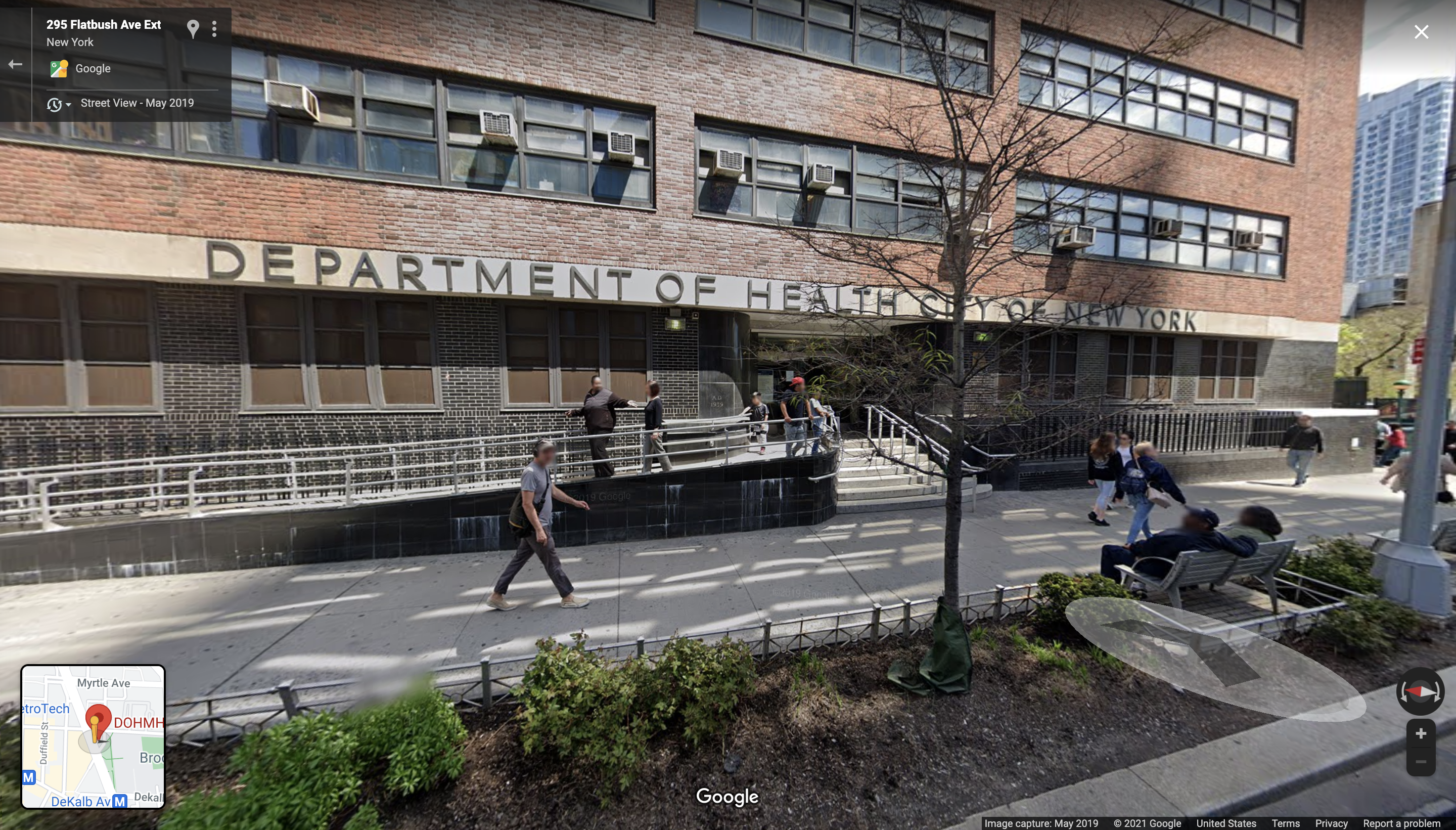Health Department Reports An Increase In Sexually Transmitted Infections In New York City From 2019 to 2020

The Health Department on Wednesday released preliminary data on sexually transmitted infections (STIs) in 2019 and 2020 in New York City.
According to the New York City STI Surveillance Data Report, from 2019 to 2020, rates of primary and secondary (P&S) syphilis – the stages during which syphilis is most infectious – increased 9% for men and 24% for women, rates of gonorrhea increased 5% for women and decreased 19% for men, and chlamydia rates decreased 29% for men and 23% for women during the same time period.
While preliminary and subject to change, data from early 2021 indicate that numbers of reported STIs are rebounding to levels observed in 2019, though chlamydia cases remain much lower. As the city continues to reopen and health care services become more accessible, the Health Department urges New Yorkers to reengage with routine testing for STIs, including HIV and other sexual health care services.

Brooklyn Boro
View MoreNew York City’s most populous borough, Brooklyn, is home to nearly 2.6 million residents. If Brooklyn were an independent city it would be the fourth largest city in the United States. While Brooklyn has become the epitome of ‘cool and hip’ in recent years, for those that were born here, raised families here and improved communities over the years, Brooklyn has never been ‘uncool’.